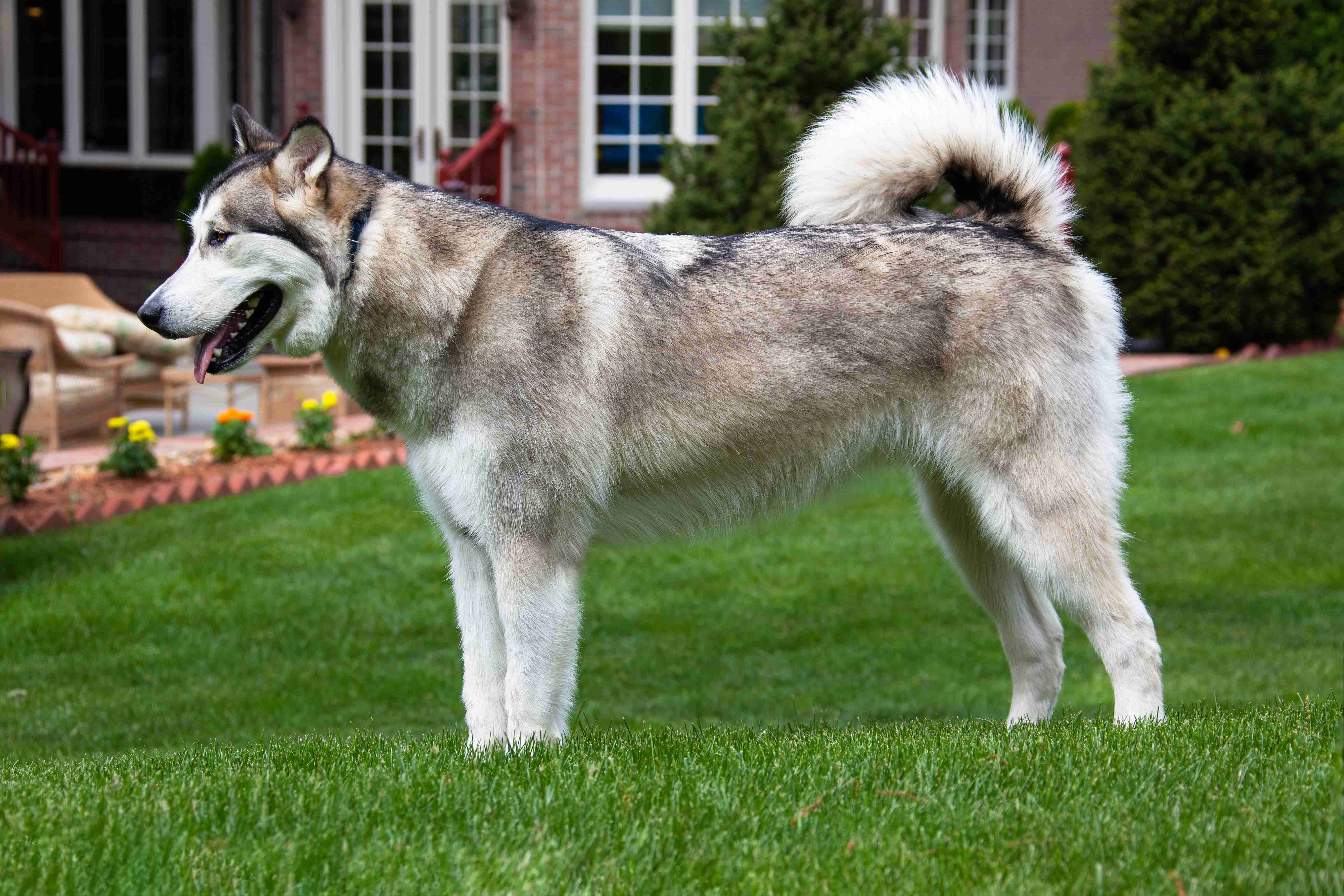As a pet owner, noticing any signs of discomfort or health issues in your Bernese Mountain Dog can be a cause for concern. One of the most common health issues that can affect your furry friend is respiratory problems. This can range from mild symptoms such as snoring or coughing to more severe issues such as shortness of breath or wheezing. If left untreated, respiratory problems can lead to serious health complications. In this blog post, we will discuss the tell-tale signs of respiratory problems in Bernese Mountain Dogs so that you can seek veterinary care for your pet as soon as possible.
Bernese Mountain Dogs are known for their striking appearance, loyalty, and affectionate nature. However, like any other breed, they are prone to certain health issues. One of the most common health issues that affect Bernese Mountain Dogs is respiratory problems. As a responsible pet owner, it is crucial to know the signs of respiratory problems in your Bernese Mountain Dog so that you can seek medical attention promptly. In this blog post, we will discuss the tell-tale signs of respiratory problems in Bernese Mountain Dogs, the causes, and the treatment options available.
1. Wheezing or Coughing
If your Bernese Mountain Dog is wheezing or coughing persistently, it could be a sign of respiratory problems. Wheezing is a high-pitched sound that comes from the lungs while breathing, and it can be caused by narrowed airways. On the other hand, coughing is a reflex action that helps clear the airways of mucus, irritants, and foreign particles. If you notice your dog wheezing or coughing for more than a few days, it’s essential to seek veterinary attention.
2. Difficulty Breathing
If your Bernese Mountain Dog is having trouble breathing, it could be a sign of a respiratory problem. Difficulty breathing can manifest as rapid breathing, shallow breathing, or labored breathing. If your dog is struggling to catch its breath, it could be a sign of a serious respiratory problem. Seek veterinary attention immediately.
3. Nasal Discharge
If your Bernese Mountain Dog has a runny nose or is producing thick mucus, it could be a sign of respiratory problems. Nasal discharge can be caused by infections, allergies, or other respiratory problems. If the nasal discharge is clear and watery, it could be a sign of an allergy. However, if the nasal discharge is thick and colored, it could be a sign of a bacterial or viral infection.
4. Lethargy or Fatigue
If your Bernese Mountain Dog is lethargic or fatigued, it could be a sign of respiratory problems. Lethargy is a lack of energy or enthusiasm, and it can be caused by respiratory problems that make it difficult for your dog to breathe properly. If you notice your dog is sleeping more than usual or has a decreased appetite, seek veterinary attention.
 - Copy.png)
5. Blue or Pale Gums
If your Bernese Mountain Dog’s gums are turning blue or pale, it could be a sign of respiratory problems. Blue or pale gums indicate that your dog is not getting enough oxygen, which can be life-threatening. If you notice your dog’s gums turning blue or pale, seek veterinary attention immediately.
Causes of Respiratory Problems in Bernese Mountain Dogs
There are several causes of respiratory problems in Bernese Mountain Dogs, including:
– Allergies
– Infections (bacterial or viral)
– Tumors
– Foreign objects (inhaled)
– Congenital abnormalities (e.g., tracheal collapse)
– Heart disease
– Lung disease
Treatment Options for Respiratory Problems in Bernese Mountain Dogs
The treatment for respiratory problems in Bernese Mountain Dogs depends on the underlying cause. In some cases, medication may be prescribed to alleviate symptoms or treat infections. In severe cases, oxygen therapy may be necessary, or surgery may be needed to remove tumors or correct congenital abnormalities. It’s essential to work closely with your veterinarian to develop a treatment plan that is tailored to your dog’s specific needs.
Conclusion
Respiratory problems can be a serious health issue for Bernese Mountain Dogs. Knowing the signs and symptoms of respiratory problems can help you identify the problem early and seek veterinary attention promptly. If you notice any of the signs we discussed in this blog post, don’t hesitate to contact your veterinarian. With proper care and treatment, your Bernese Mountain Dog can live a happy, healthy life.
In conclusion, being a responsible pet owner means being vigilant and attentive to your Bernese Mountain Dog’s health. Knowing the signs of respiratory problems and seeking immediate veterinary care can make a significant difference in your dog’s quality of life. Don’t hesitate to reach out to your veterinarian if you suspect any respiratory issues in your furry friend. Remember, prevention and prompt treatment are key to keeping your Bernese Mountain Dog healthy and happy for years to come.


%20-%20Copy.png)
%20-%20Copy.png)
%20-%20Copy.png)
.png)
.png)
.png)
